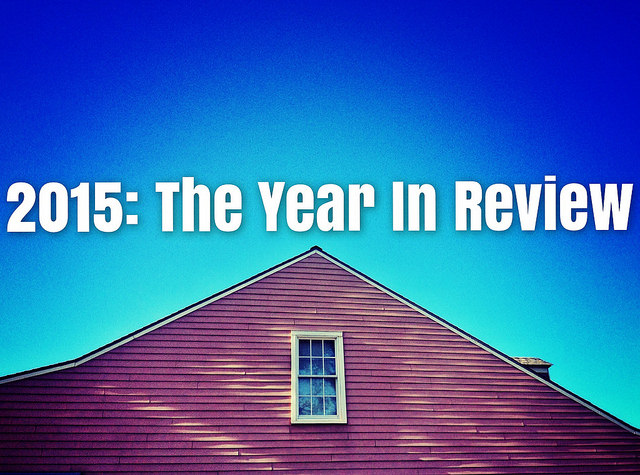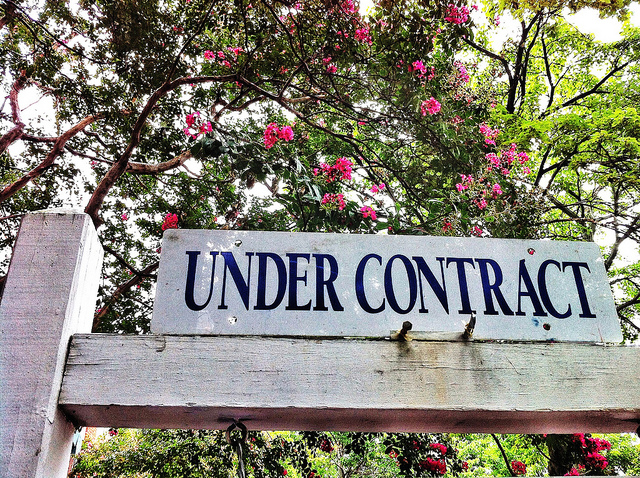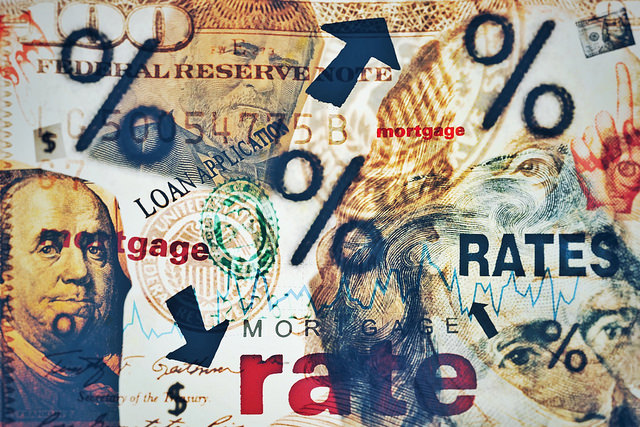According to the Mortgage Bankers Association’s Weekly Applications Survey, average mortgage rates fell last week across all loan categories, including 30-year fixed-rate mortgages with both conforming and jumbo balances, loans backed by the Federal Housing Administration, and 15-year fixed-rate loans. The drop brought mortgage rates to their lowest level since last October. Michael Fratantoni, MBA’s chief economist, told CNBC rates fell because of volatility in global stock markets. “Global stock markets plunged last week, led by weakness in China, but further weakened by continued sharp drops in oil prices,†Fratantoni said. “Investors drove down Treasury yields in a flight to safety, and mortgage rates fell to their lowest level since last October.†As a result, refinance activity – which is most sensitive to rate fluctuations – spiked, rising 19 percent from the week before. Purchase application demand, on the other hand, slipped 2 percent, though it remains 17 percent higher than the same week one year ago. The MBA’s weekly survey has been conducted since 1990 and covers 75 percent of all retail residential mortgage applications. More here.













